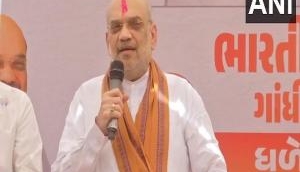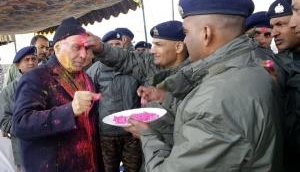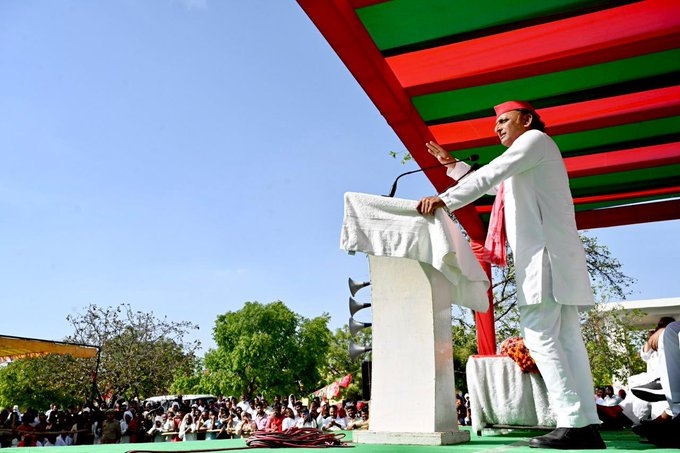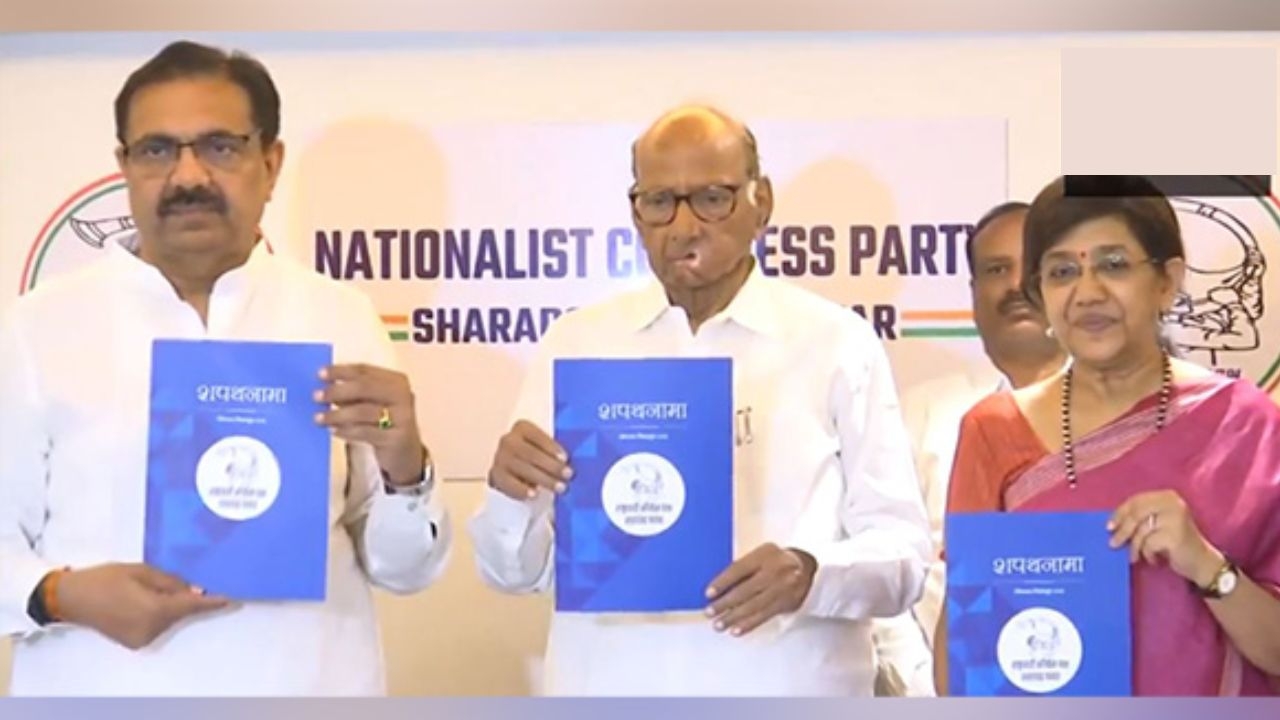‘You’ve Lost Weight’: The eternal lightness of greeting

There is a new greeting doing the rounds. It took me a while to cotton on to it. And the new greeting is this: ‘Hello! How’ve you been? You’ve lost so much weight!’
This requires some explanation. Does this stock observation have to do with a poor country’s obsession with fat? Even if you have been middle class for three generations, the fear of starvation is embedded in our DNA. Skinny is not good. Eat Endura Mass. In primitive societies, fatness is a sign of wellbeing. Virat Kohli has complained about his mother complaining about his new lean look—she thinks he is underfed and keeps slipping aloo parathas under his pillow.
Weighing in on why
Or is it part of the great Indian tradition of perfunctory frankness? We meet strangers and ask the most embarrassingly personal questions: Are you married? How many children do you have? How much do you earn? Why have you lost weight? I swing like a seesaw in my responses.
On days I’m feeling prickly, I can snap back. On days I’m feeling generous, I answer all the questions—not treating them as particularly intrusive, but rather an unwitting manifestation of our charming collective innocence.
Just the other day, I heard this wonderful story about a man on a Kingfisher flight—when it was still flying of course. Our man pressed the buzzer for water, and when the air hostess arrived, he placed his request, along with an impromptu RTI query: Are they still paying your salary?’ His query, though unrelated to water, shows the fluidity of the Indian mind, where random dots can be connected to form a ‘coherent’ thought in the present, on the spur of the moment.
Pound foolish
To return to ‘You’ve lost weight’-- for the longest time I answered this question with some serious thought. I took it at face value.
‘Hi. Long time. You’ve lost weight.’
‘Hi. Good to see you too. Really? What makes you think that? On the contrary I checked my weight this morning and discovered I’ve actually gained five kilos.’
Or I’d launch into a nuanced explanation about how the cut of my t-shirt was what was making me look deceptively thin, whereas the fact of the matter was that I had, in reality, gained weight.
This would lead to the other person switching off in toto. By the time I’d finished explaining the fine difference between perception and reality, and how clothes and their fit were responsible for this warping of incontrovertible fact, the person’s mind would have wandered or the person would have wandered off hisself, leaving me whispering into thin air.
It struck me then that this is just the way we Indians meet and greet nowadays. We meet and there’s nothing to say, so you need to have something to say, and so this is what you say: ‘Hey, hello. How’s things. You’ve lost so much weight.’
You are not supposed to reply to this question, just the way you are not supposed to respond seriously to the question: ‘Hi. How are you?’ I mean we have all at some lonely time started telling a complete stranger how we actually are, but it’s not the kosher thing to do.
‘Hi. How are you?’
‘Hey I’m fine, but you know I’ve had this burning in my stomach for the last few days and doctors nowadays, I tell you, overmedicate so much. I was feeling great last week, everything was so good, and then India had to go and lose the match...’
Playing it cool
It’s not recommended that you actually start spelling out how you are when someone asks you how you are. The really cool thing to do is to say it back. End of story. None of the parties are really interested in how the f*ck the other person is.
‘Hi. How are you.’
‘Hi. How are you.’
That’s it. There was a time I didn’t know this and I’d say, ‘I’m fine, thank you, and how are you?’ and then smile afterwards, ear to ear, for thirty long seconds. That was when I was an awkward schoolboy.
When I went to England for university, I picked up a variation on the theme, which I loved, but when I snuck this plant back to India in my hand luggage, it refused to take root, instead provoking alarm and concern.
The variation goes something like this:
‘Hi, Luke, how’re things?’
‘Hey, Palash, not too bad, how you doin’?’
This made sense to me. It was less stark than playing ping pong with the non-inquisitive question, ‘How are you.’ And ‘not too bad’, in an understated English way, does capture anyone’s reality at a given moment. It’s a polite way of saying nothing, which is basically what all greetings are, and yet it nails a personal truth that is true of everyman. How are we all doing? Just about okay, really. Not too happy, not too sad, getting along, about alright.
From bad to worse
This though, caused much confusion when I began throwing it around at social gatherings in India.
‘How are you?”
‘Not too bad.’
‘Why? What happened? Is everything okay?’
This happened nine times out of ten. Each time I said ‘Not too bad’, my fellow Indian would stop in his or her tracks, and display affectionate concern: ‘But what happened? Poor you, can I help?’ ‘Not too bad’ in India was taken to mean: things are literally, really, bad.
Like most human beings, I too appreciate a free shoulder to cry on, and so I craftily learnt to watch out for this cultural collision:
‘Hi. How are you?’
‘Not too bad.’
‘Why, dear, what happened?’
‘Thanks for asking, ya. Where do I begin. People are so rotten, so twisted...’
To get back to ‘You’ve lost much so weight’ (again), it has become our version of ‘Not too bad.’
The last time someone said this to me, I returned the greeting, instead of the analytical explanation I was prone to earlier, and which also involved the cut of my clothes (I’m a NIFT reject).
This is how conversations go now:
‘Hi. How are you? You’ve lost weight.’
‘Hey, long time, so nice to see you, you’ve lost weight.’
And we continue on our way. Like ants bumping into each other lightly and moving on with their weightless lives.
(The writer is a social commentator and the editor of House Spirit: Drinking in India)






![BJP's Kapil Mishra recreates Shankar Mahadevan’s ‘Breathless’ song to highlight Delhi pollution [WATCH] BJP's Kapil Mishra recreates Shankar Mahadevan’s ‘Breathless’ song to highlight Delhi pollution [WATCH]](http://images.catchnews.com/upload/2022/11/03/kapil-mishra_240884_300x172.png)

![Anupam Kher shares pictures of his toned body on 67th birthday [MUST SEE] Anupam Kher shares pictures of his toned body on 67th birthday [MUST SEE]](http://images.catchnews.com/upload/2022/03/07/Anupam_kher_231145_300x172.jpg)






